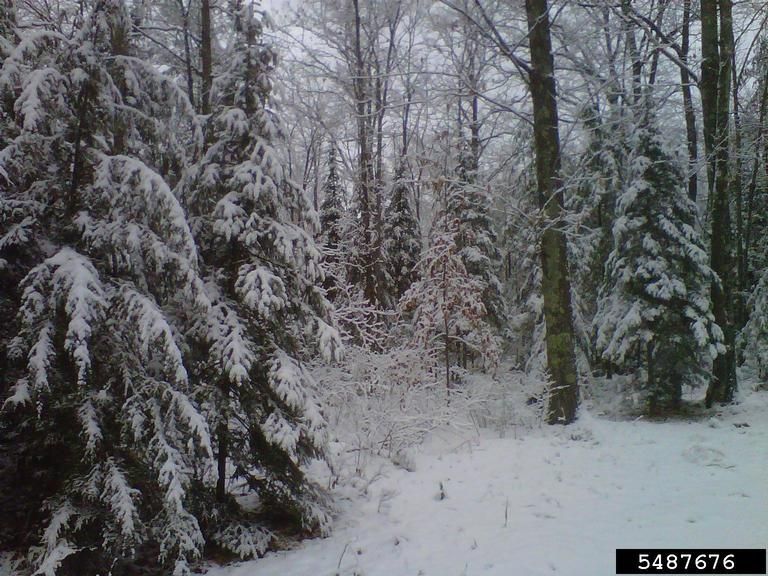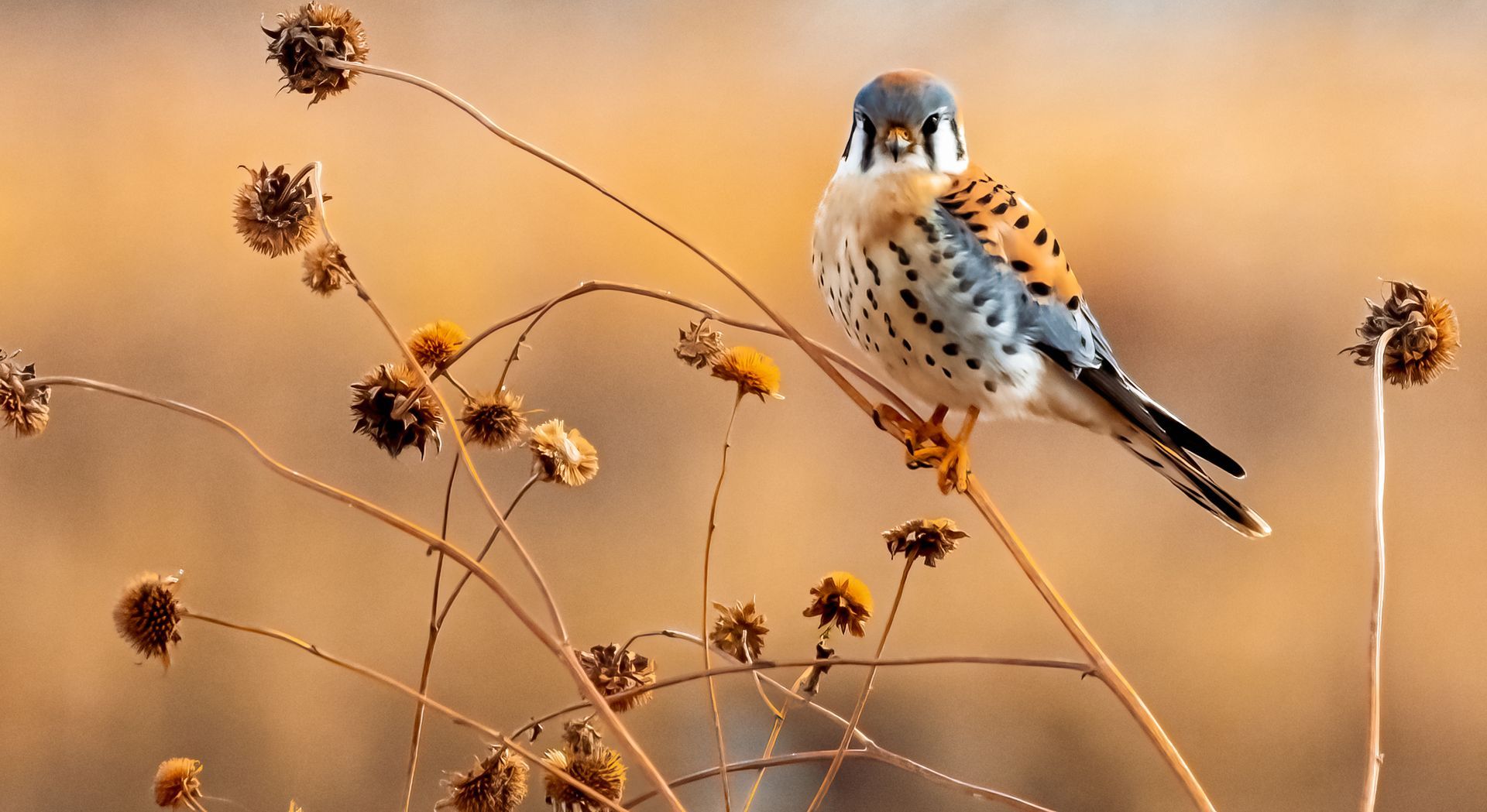NWF Action Alert: Tell the EPA to designate PFOS and PFOA as hazardous materials
The National Wildlife Federation (NWF), of which Michigan United Conservation Clubs is the Michigan affiliate, has a tool set up to provide public comment to the Environmental Protection Agency (EPA) urging them to designate PFAS and PFOA as hazardous substances.
The public comment period closes on November 7, 2022.
The tool found HERE will send a customizable message to the EPA urging the designation of PFAS and PFOA as hazardous substances. This designation will allow for further regulation as NWF says on their page:
“Labeling substances as ‘hazardous’ is critical for the health of people and wildlife. Chemicals that have been designated as hazardous can be better regulated, and this status allows for a more comprehensive cleanup of sites contaminated with the substance. It also reduces the likelihood that people and wildlife will come into contact with the hazardous substance.”
Perfluorooctanoic acid (PFOA) and perfluorooctanesulfonic acid (PFOS) are commonly referred to as forever chemicals, as they take hundreds or thousands of years to break down.
The Michigan Department of Environment, Great Lakes, and Energy is currently tracking 230 contamination sites across Michigan .
To ensure our natural resources remain protected and managed thoughtfully in perpetuity, join Michigan United Conservation Clubs today: http://bit.ly/JoinMUCC .
The post NWF Action Alert: Tell the EPA to designate PFOS and PFOA as hazardous materials appeared first on Michigan United Conservation Clubs.



